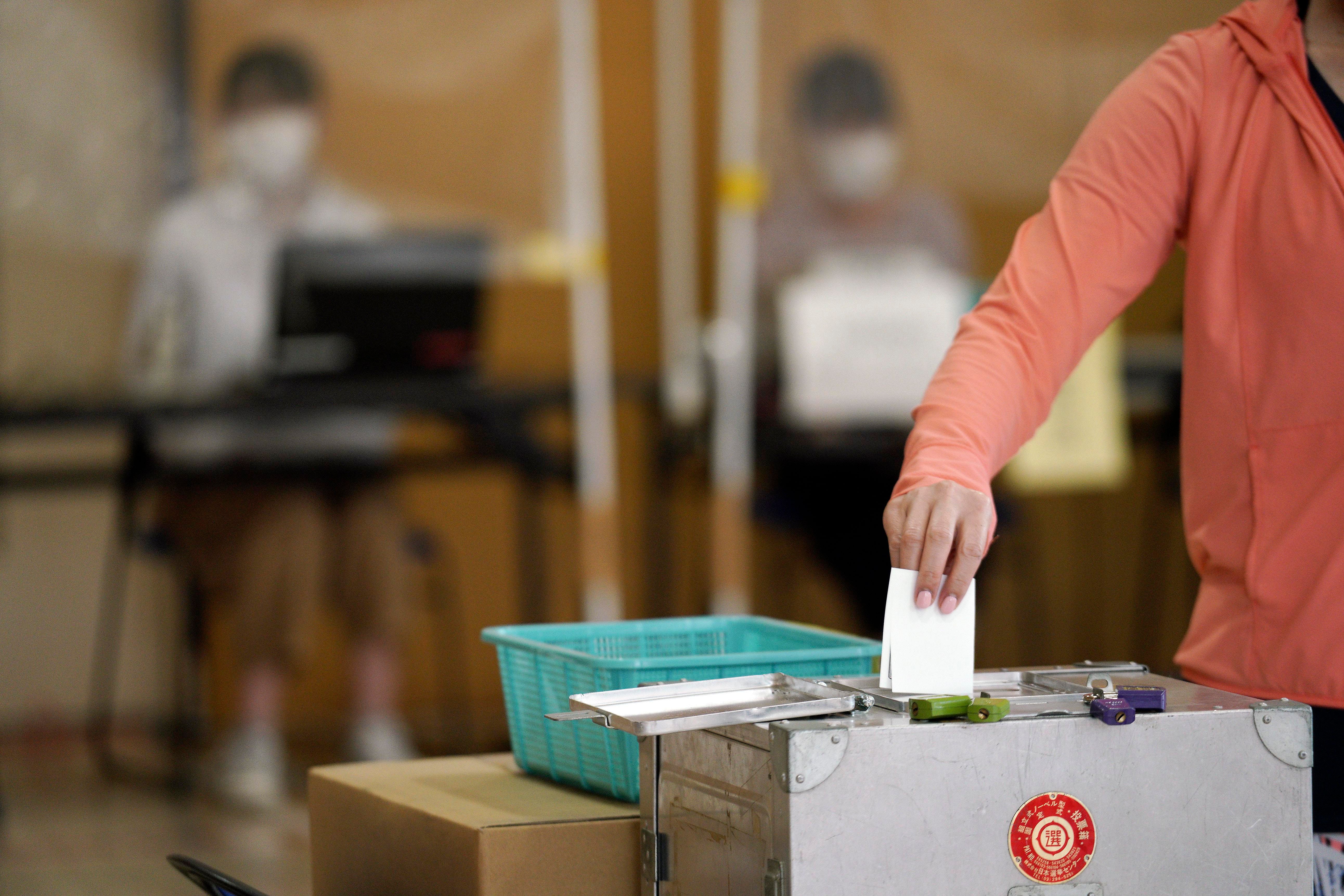
Opposition parties are upping the ante over the decision to allow people above 65 years the option of postal voting with Trinamool Congress and CPI on Monday shooting of letters to the Election Commission objecting to the move, calling it "unconstitutional" and one that will lead to "malpractices and foul play by those parties which are in power and having resources".
Last week, Congress send in a petition against the move saying it had "numerous legal deficiencies" while CPI(M) General Secretary Sitaram Yechury wrote to Chief Election Commissioner Sunil Arora objecting to the "unilateral" measure, saying it altered the electoral procedures and it could lead to instances of "manipulation and malpractice" resulting in potential favour of the ruling party".
The Opposition parties took umbrage at the EC for not holding consultation with parties and view the "tearing hurry" to amend the rules is due to the Bihar Assembly elections scheduled later this year.
Read: Postal ballots for elderly unconstitutional: Congress
The EC had defended its decision in its response to Yechury, saying allowing people above 65 years was done to avoid their exposure in public and not deprive them of their voting rights during Covid-19 pandemic.
It had changed the rules in October last year to allow people above 80 years, disabled and those involved in essential services the option of postal voting while last month, it amended the rules once again to allow those above 65 years the same option.
In his letter to Arora on Monday, Trinamool Congress General Secretary Subrata Bakshi said the move was "mala fide, unconstitutional and ex-facie violation of right to secrecy of vote, right to free and fair elections and right to health of citizens".
He said the amendment suggests that it has been notified to protect the right to vote of Covid-19 patients and for those at high risk due to the pandemic.
"However, upon careful examination, it is evident that the cumbersome process for voting via postal ballots will put the elderly at greater risk of getting infected by the virus...the amendment puts at risk the lives of many for the sake of petty political benefits," Bakshi said.
In his letter, CPI General Secretary D Raja said the decision would lead to "malpractices and foul play by those parties which are in power and having resources".
He also opposed the move to allow digital campaigning for the Bihar Assembly elections scheduled later this year, saying it will be "extremely expensive" and would deprive level-playing field to the parties, Raja said.
The two proposals will "definitely jeopardise" the democratic process of free and fair elections," he said asking the EC to initiate "wider and transparent consultations" with all parties.
Congress had approached the EC last Friday with a demand that the new decision on postal votes be recalled. In a petition to the EC, it said, "the manner in which this decision has been taken demonstrates a complete non-application of mind and a shocking circumvention of any consultation process with the key stakeholders (i.e. any other political parties other than the ruling regime). Even upon a cursory examination, the numerous legal deficiencies in this decision become apparent."
In his letter to Arora on June 29, CPI(M) General Secretary raised objections to the "unilateral" measure, saying it altered the electoral procedures and it could lead to instances of "manipulation and malpractice" resulting in potential favour of the ruling party".
"Our electoral system has always treated physical verifiability of the voters as the bedrock of integrity. With the two amendments to the rules, a very large number of voters will be out of the verifiability matrix. This assumes great significance because of instances of manipulation and malpractice even with the comparatively low number of postal ballots used by service personnel on election duty," Yechury had said.
